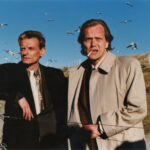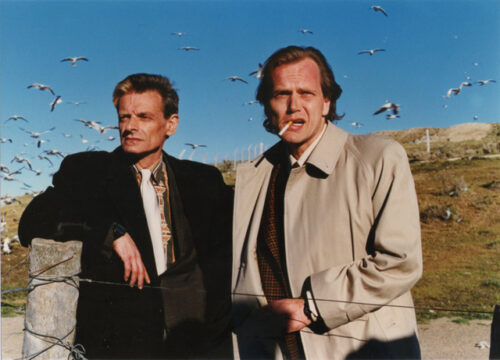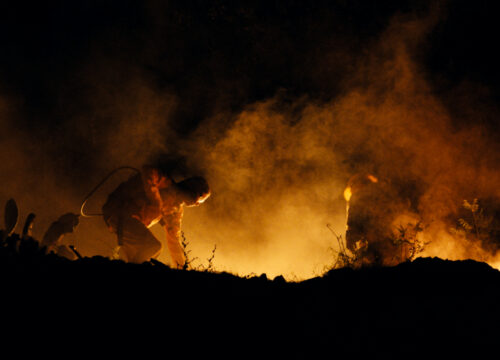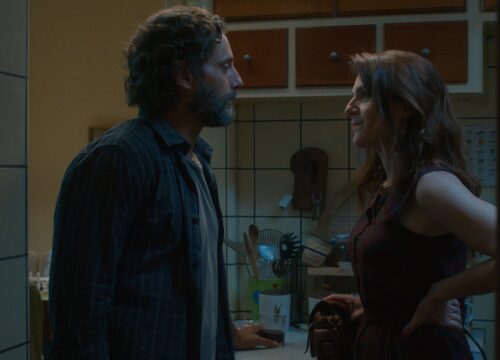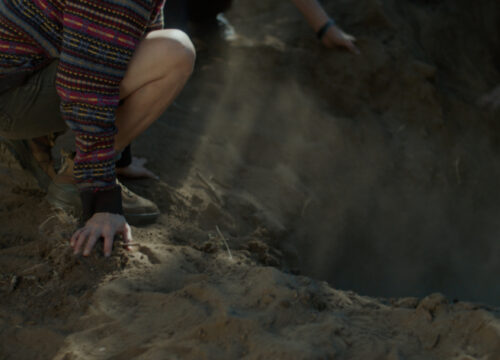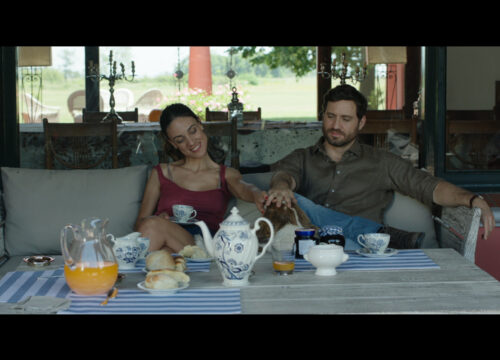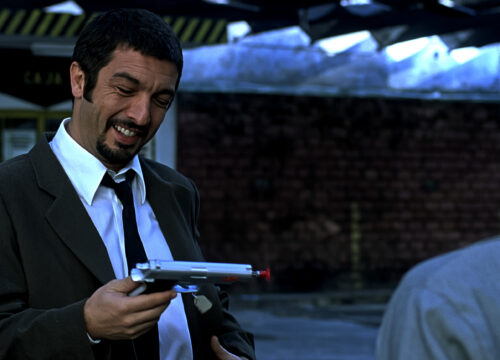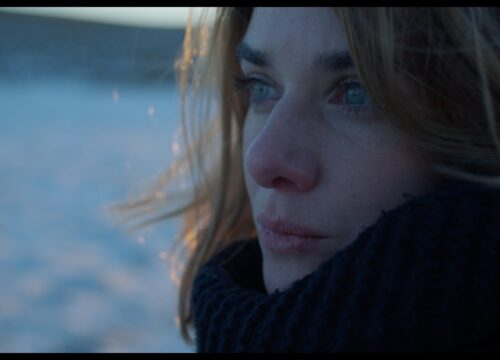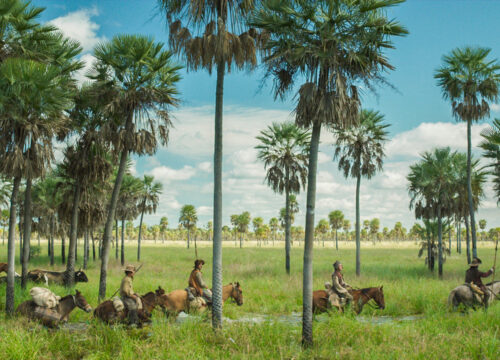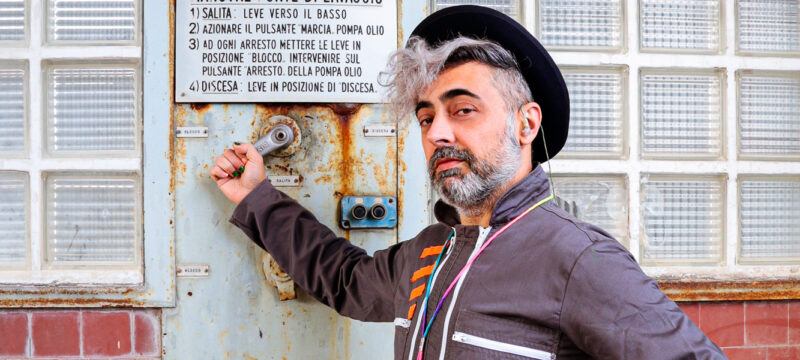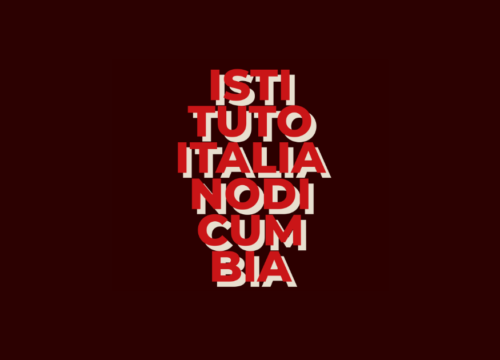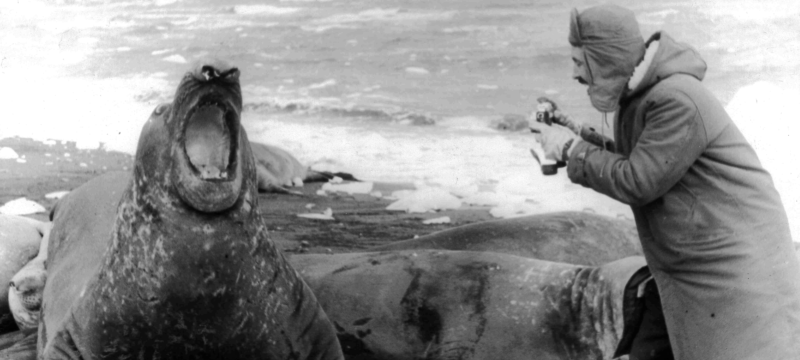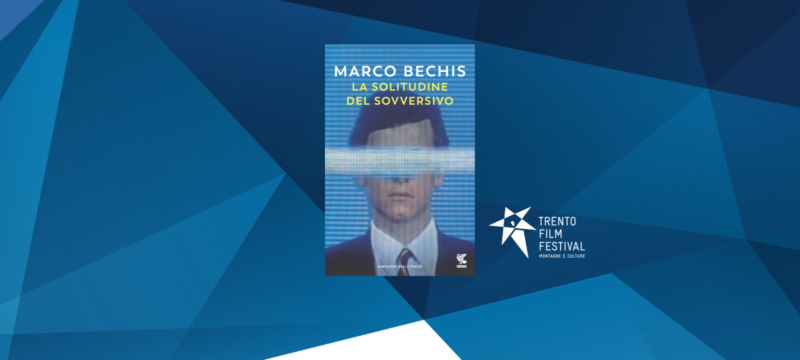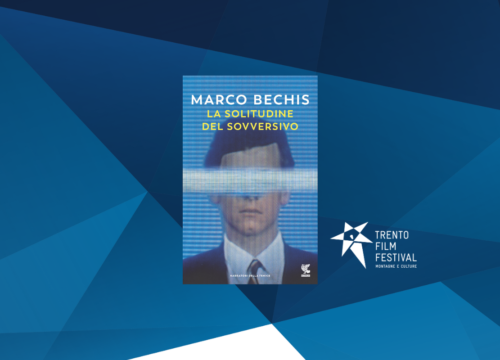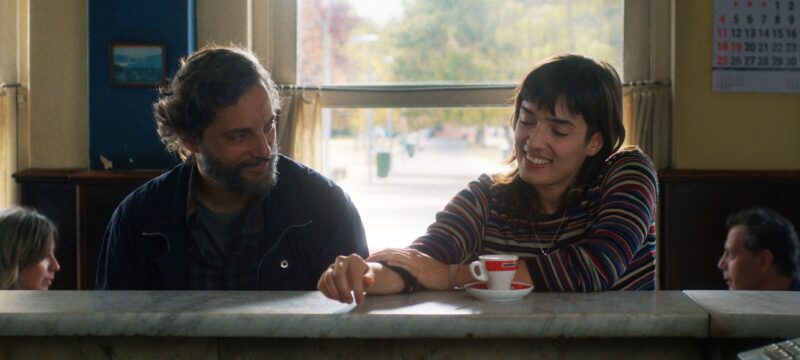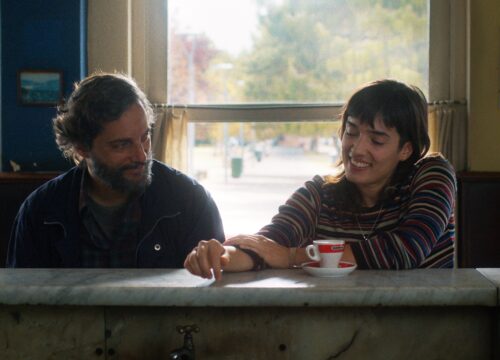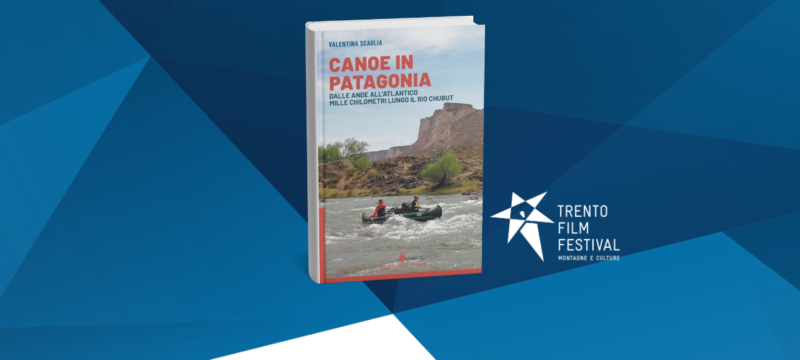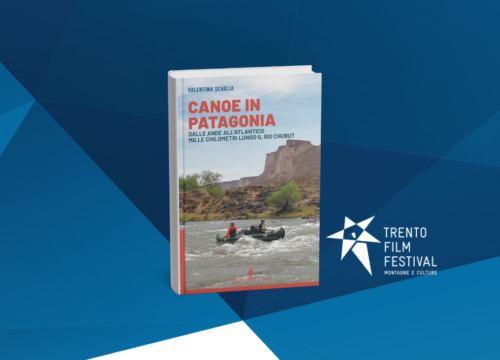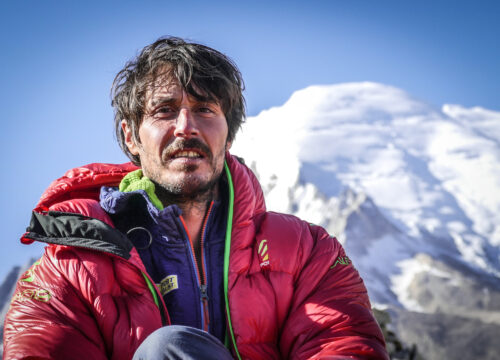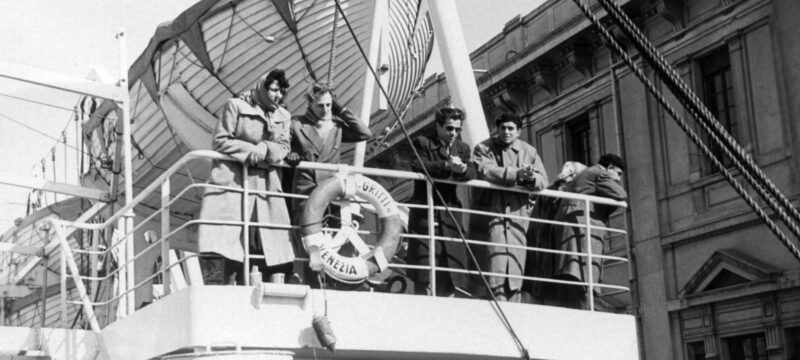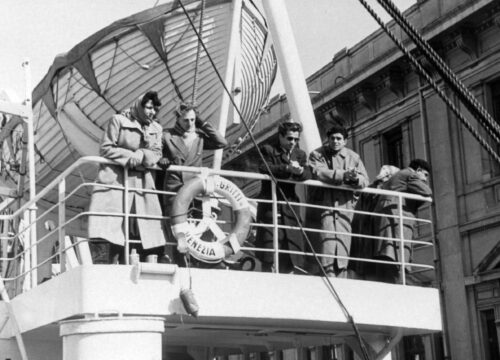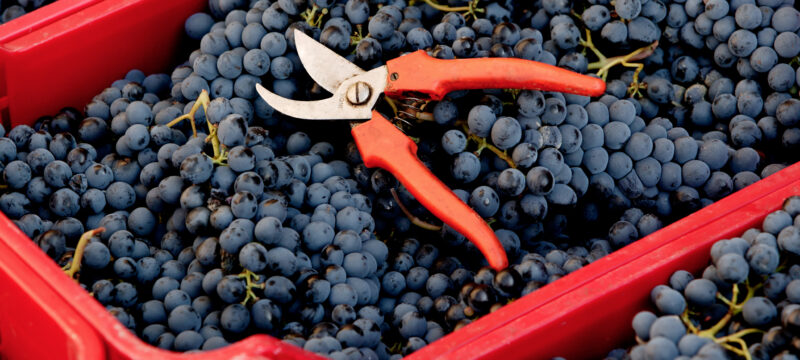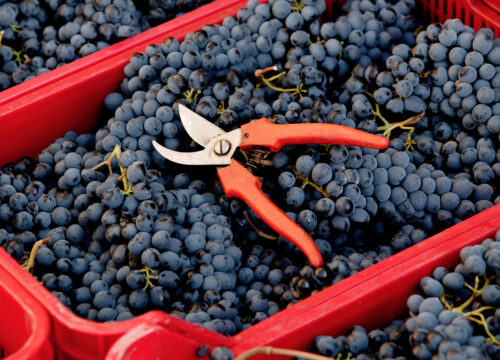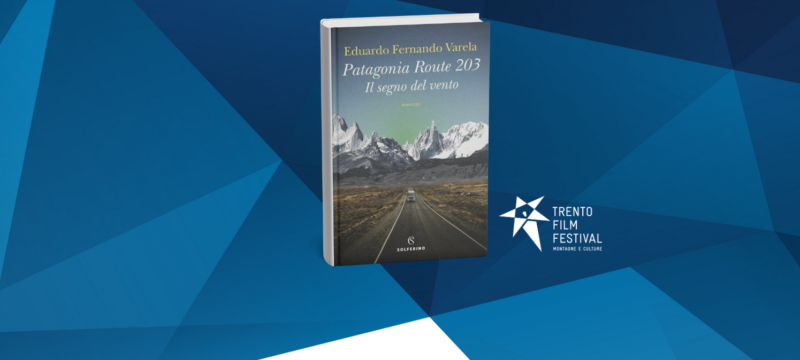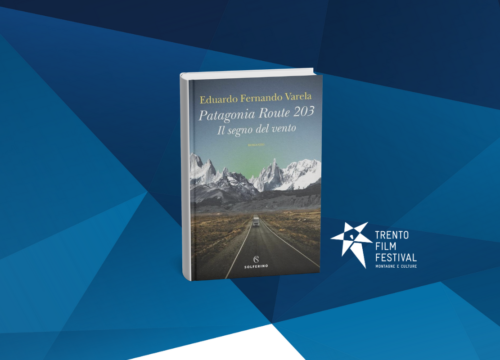DESTINATION… ARGENTINA
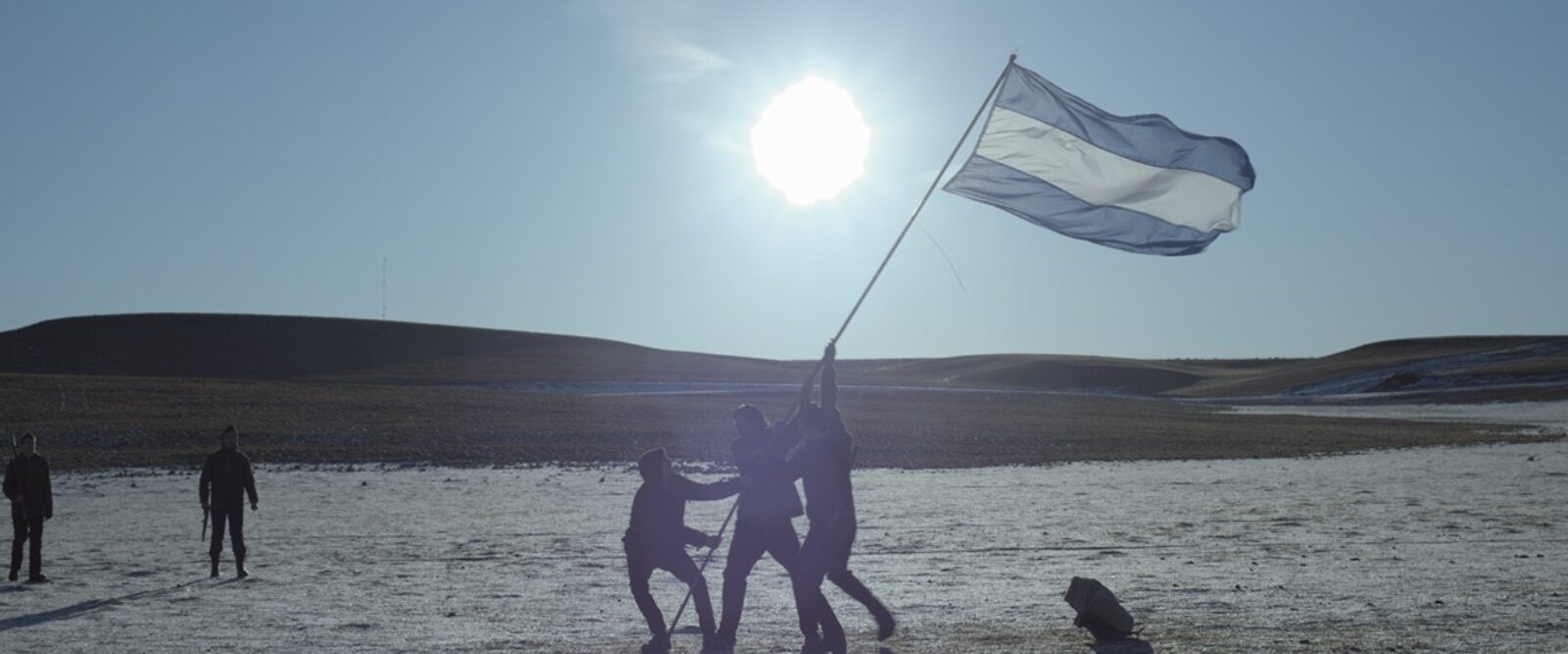
After Ireland, this year’s special section will be dedicated to Argentina, a country with which Trentino has woven a deep bond over the centuries, linked to migration and climbing feats.
Building on the legacy of a section of Trento Film Festival, “Destination… ”, dedicated to the film and cultural characteristics of other countries and geographical areas since 2011, the search for and presentation of films has been motivated by a desire to provide an even more contemporary feel, if possible. This does not mean abandoning a retrospective approach, as has taken place with historic selections and in certain cases continues to be precious or even irreplaceable, but rather means favouring innovation and unseen work. This is to generate the public’s interest in films that have a greater link with the present day, or that look at the past today using new and original formats, while keeping alive the dialectic with contemporary times.
After programmes dedicated to Georgia (2020), Greenland (2021), Ethiopia (2023) and Ireland (2024), in 2025 Trento Film Festival directs its gaze at Argentina. There are two mean reasons for the choice. The first is that for decades Argentina has been the main source of Spanish language film in Latin America, together with Mexico. With a vast audience, a very important star system and a privileged relationship with Spain, leading to dozens of co-productions with Madrid, also at international level, Argentina has been an unavoidable point of reference for South American film. In the last 25 years, a new generation of filmmakers has given rise to a sort of aesthetic revolution, which has gone on to have an effect on film outside the Hispanic sphere of influence, via international film festivals. We refer to names such as Lucrecia Martel, Rodrigo Moreno, Lisandro Alonso, Santiago Mitre, Pablo Trapero, Fabián Bielinsky, Juan José Campanella, Gaston Solnicki, and Mariano Cohn and Gastón Duprat, who have jointly directed very successful comedies such as Official Competition with Antonio Banderas, Penelope Cruz and Oscar Martinez, a great Argentine actor. However, we cannot fail to mention Mariano Llinás, who with Laura Citarella and other directors founded El Pampero Cine, a production company marked first of all by its creativity, which according to the journalist Roberto Manassero “has imposed itself in the world of international film thanks to films that are non-standardised and open-format, films that flow like novels and are episodic like collections of short stories, or anarchical like militant experiments in other eras”. Laura Citarella’s last film, Trenque Lauquen, from the name of a city in the Argentine pampas, met with success at the 79th Venice Film Festival, and was then also distributed in Italy, while presentation of Luis Ortega’s El Jockey with Ursula Corbero, Mariana Di Girolamo and Nahuel Perez Biscayart, coming soon to Italian cinemas and distributed by Lucky Red, in the competitive section of the last Venice festival caused quite a stir.
The second reason we considered it urgent to dedicate a section of the festival to Argentinian film regards the present day. Due to a fall in public funding (a situation shared by many other South American countries, such as Chile for example), the Argentinian production chain risks emerging from the current economic and political situation with significant and worrying downsizing. Drawing attention to Argentinian filmmaking seemed to us to be particularly precious, precisely to underline the indispensable nature of film from Buenos Aires and the surrounding area at international artistic level, film that should not be limited but rather boosted. However, despite objective difficulties that have led to the mobilisation of those in the sector, the antibodies would appear to be at work, if one considers that Trento Film Festival’s retrospective is mostly made up of contemporary films, including many premieres. The fact that one of the aforementioned films was chosen for the main competition and one for the Highlands section, an innovation for the Destination section, which is usually unconnected to the rest of the programme and confirming their value, is proof of the vivacity and quality of this scene.

